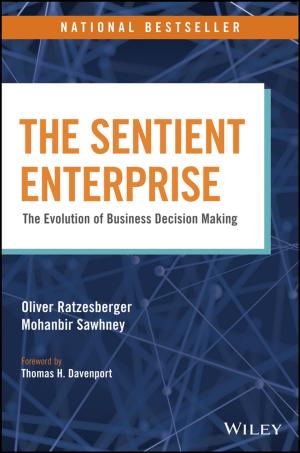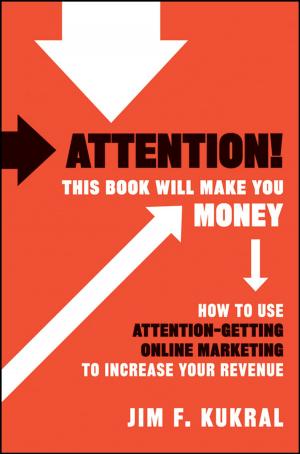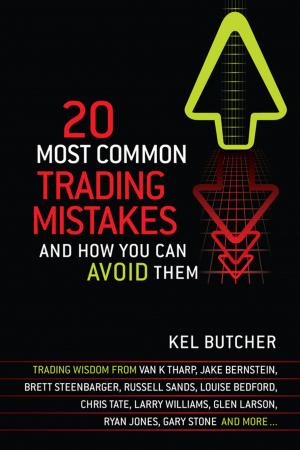When Can You Trust the Experts?
How to Tell Good Science from Bad in Education
Nonfiction, Reference & Language, Education & Teaching| Author: | Daniel T. Willingham | ISBN: | 9781118233276 |
| Publisher: | Wiley | Publication: | June 20, 2012 |
| Imprint: | Jossey-Bass | Language: | English |
| Author: | Daniel T. Willingham |
| ISBN: | 9781118233276 |
| Publisher: | Wiley |
| Publication: | June 20, 2012 |
| Imprint: | Jossey-Bass |
| Language: | English |
Clear, easy principles to spot what's nonsense and what's reliable
Each year, teachers, administrators, and parents face a barrage of new education software, games, workbooks, and professional development programs purporting to be "based on the latest research." While some of these products are rooted in solid science, the research behind many others is grossly exaggerated. This new book, written by a top thought leader, helps everyday teachers, administrators, and family members—who don't have years of statistics courses under their belts—separate the wheat from the chaff and determine which new educational approaches are scientifically supported and worth adopting.
- Author's first book, Why Don't Students Like School?, catapulted him to superstar status in the field of education
- Willingham's work has been hailed as "brilliant analysis" by The Wall Street Journal and "a triumph" by The Washington Post
- Author blogs for The Washington Post and Brittanica.com, and writes a column for American Educator
In this insightful book, thought leader and bestselling author Dan Willingham offers an easy, reliable way to discern which programs are scientifically supported and which are the equivalent of "educational snake oil."
Clear, easy principles to spot what's nonsense and what's reliable
Each year, teachers, administrators, and parents face a barrage of new education software, games, workbooks, and professional development programs purporting to be "based on the latest research." While some of these products are rooted in solid science, the research behind many others is grossly exaggerated. This new book, written by a top thought leader, helps everyday teachers, administrators, and family members—who don't have years of statistics courses under their belts—separate the wheat from the chaff and determine which new educational approaches are scientifically supported and worth adopting.
- Author's first book, Why Don't Students Like School?, catapulted him to superstar status in the field of education
- Willingham's work has been hailed as "brilliant analysis" by The Wall Street Journal and "a triumph" by The Washington Post
- Author blogs for The Washington Post and Brittanica.com, and writes a column for American Educator
In this insightful book, thought leader and bestselling author Dan Willingham offers an easy, reliable way to discern which programs are scientifically supported and which are the equivalent of "educational snake oil."















